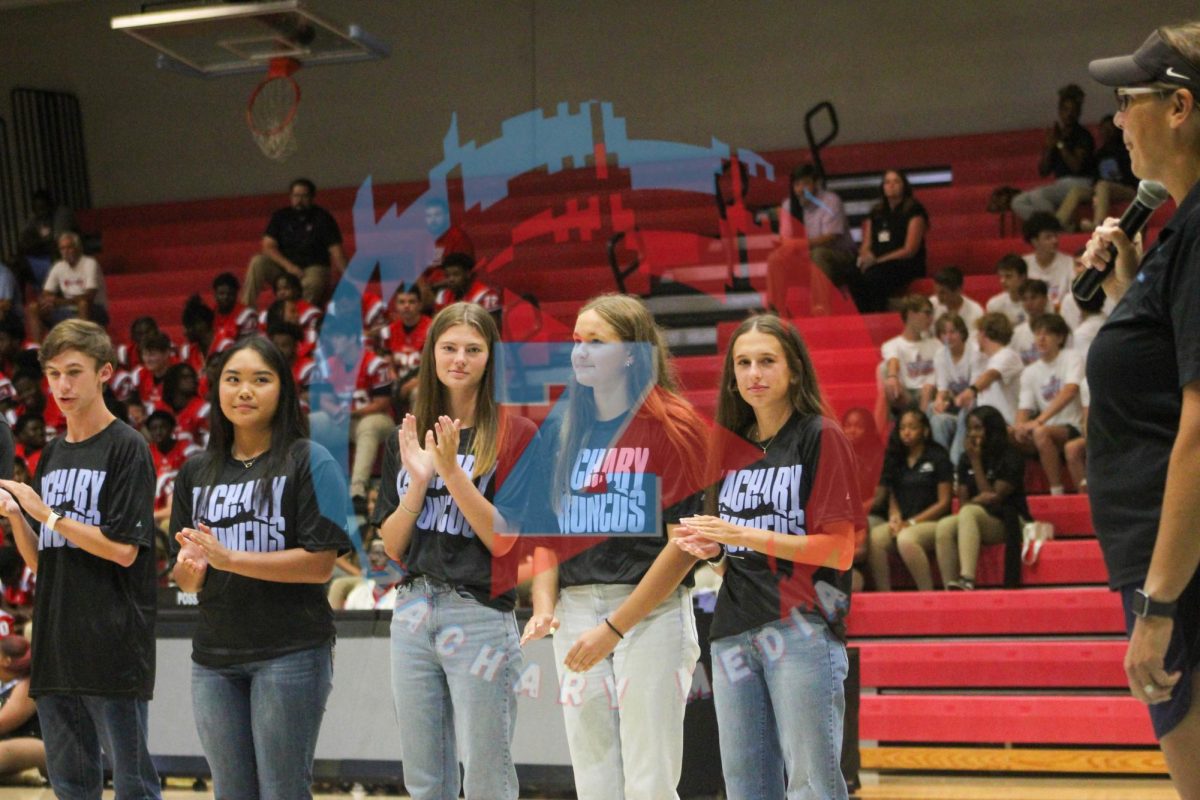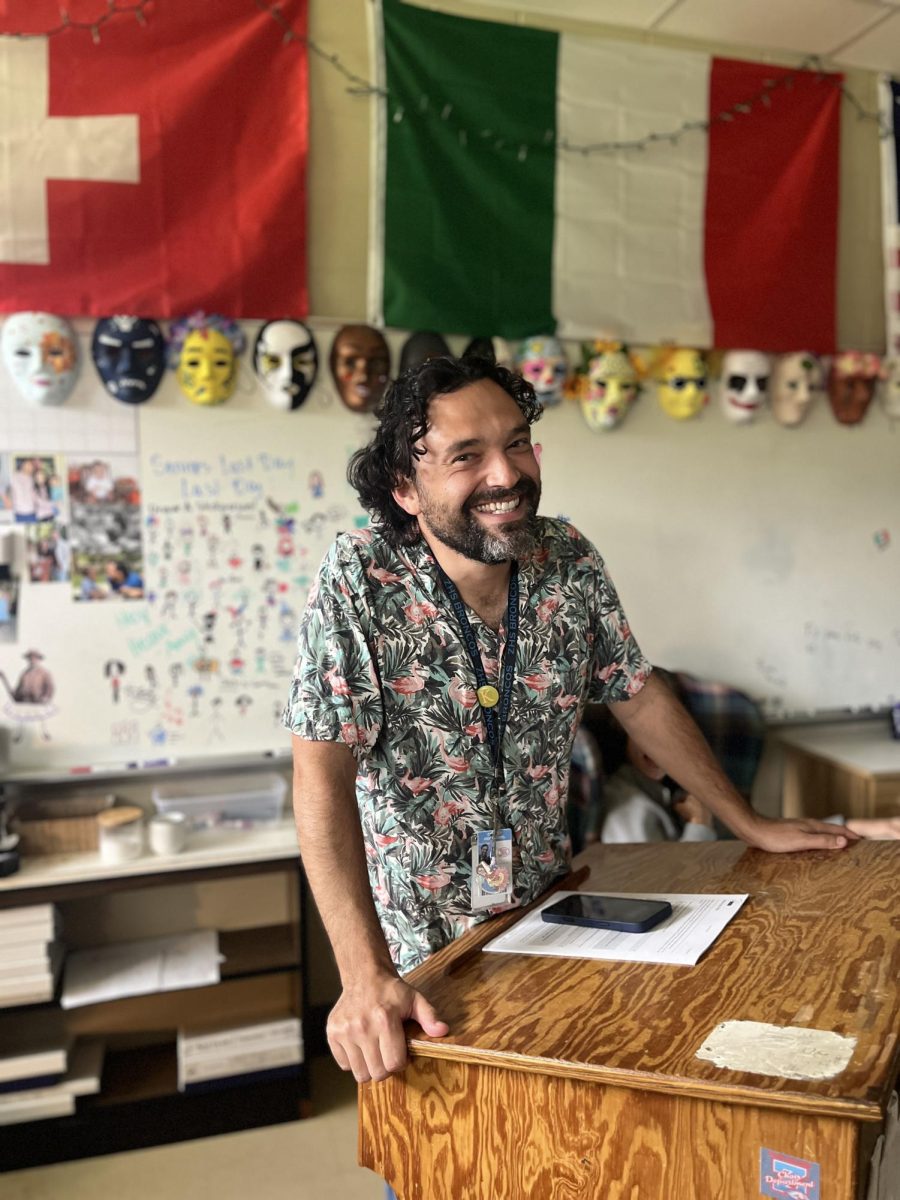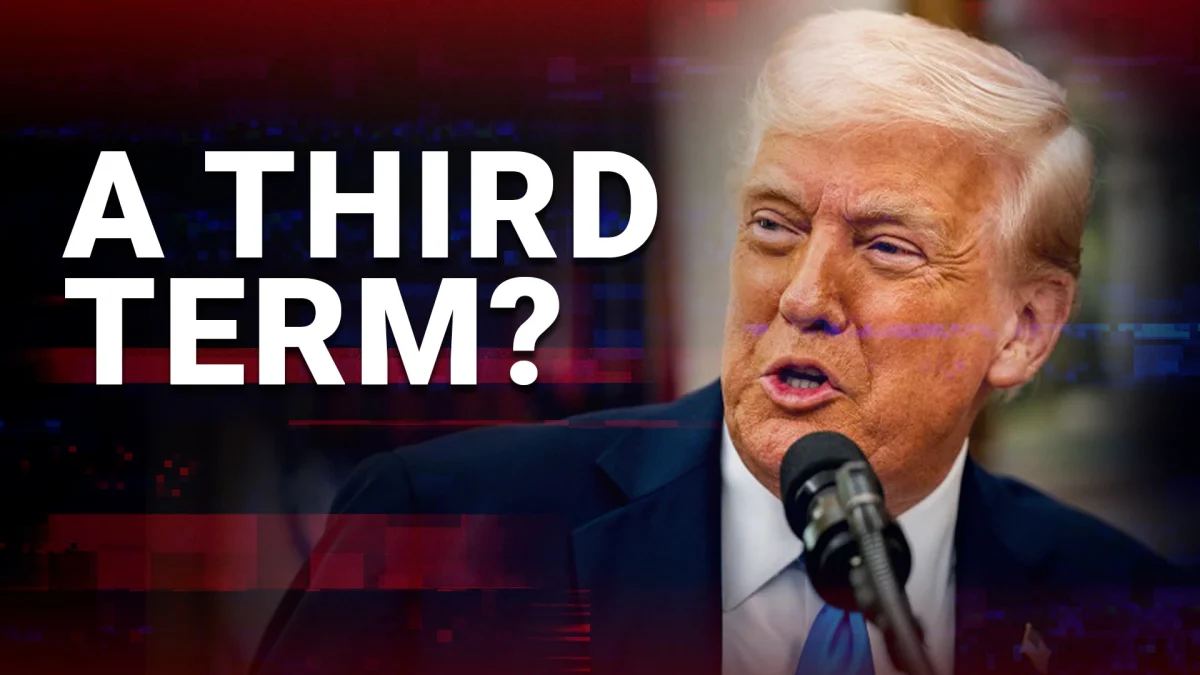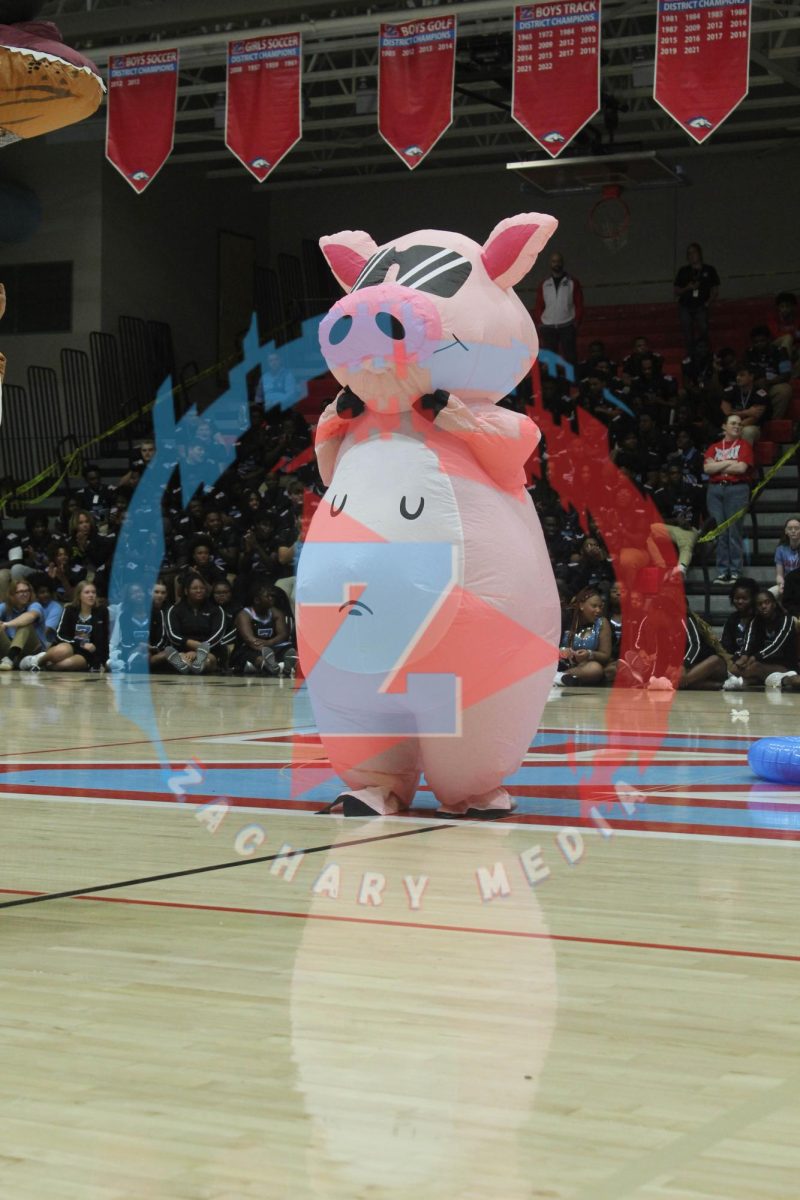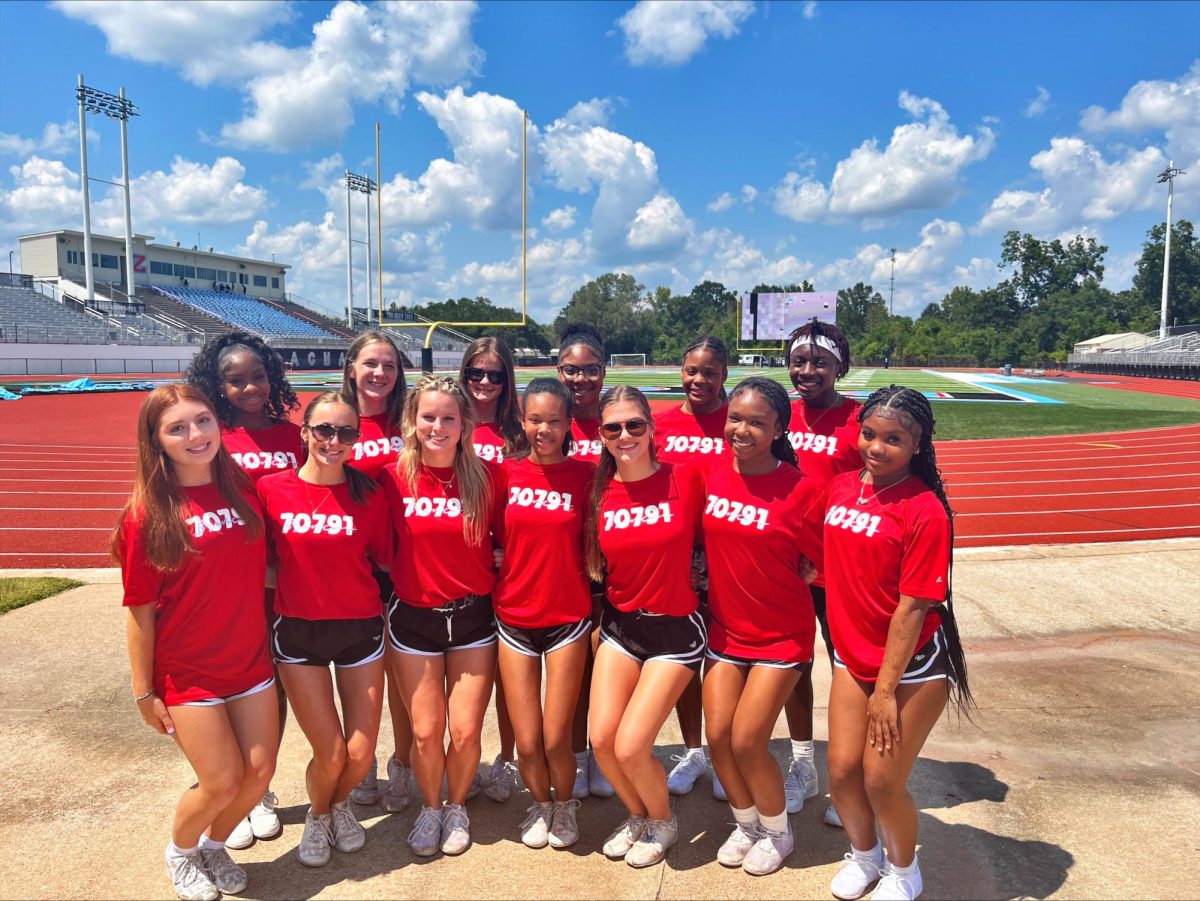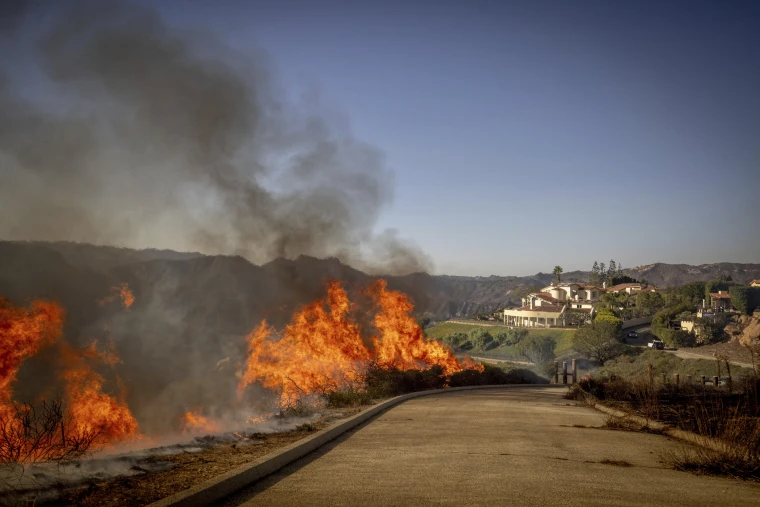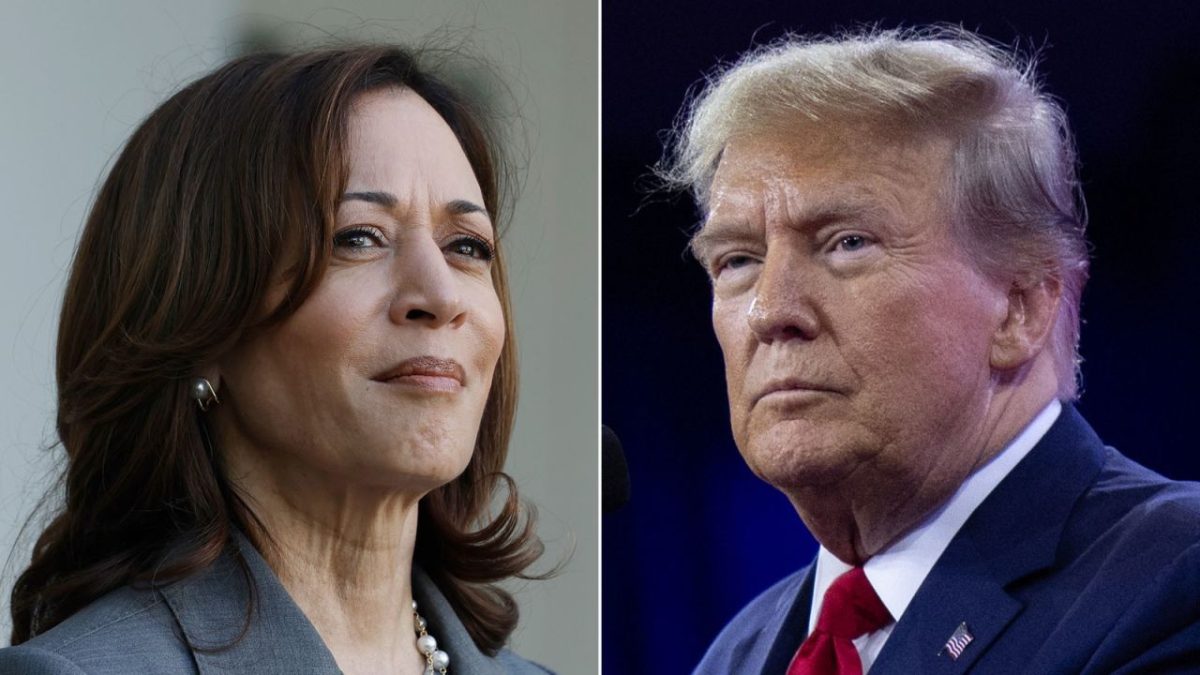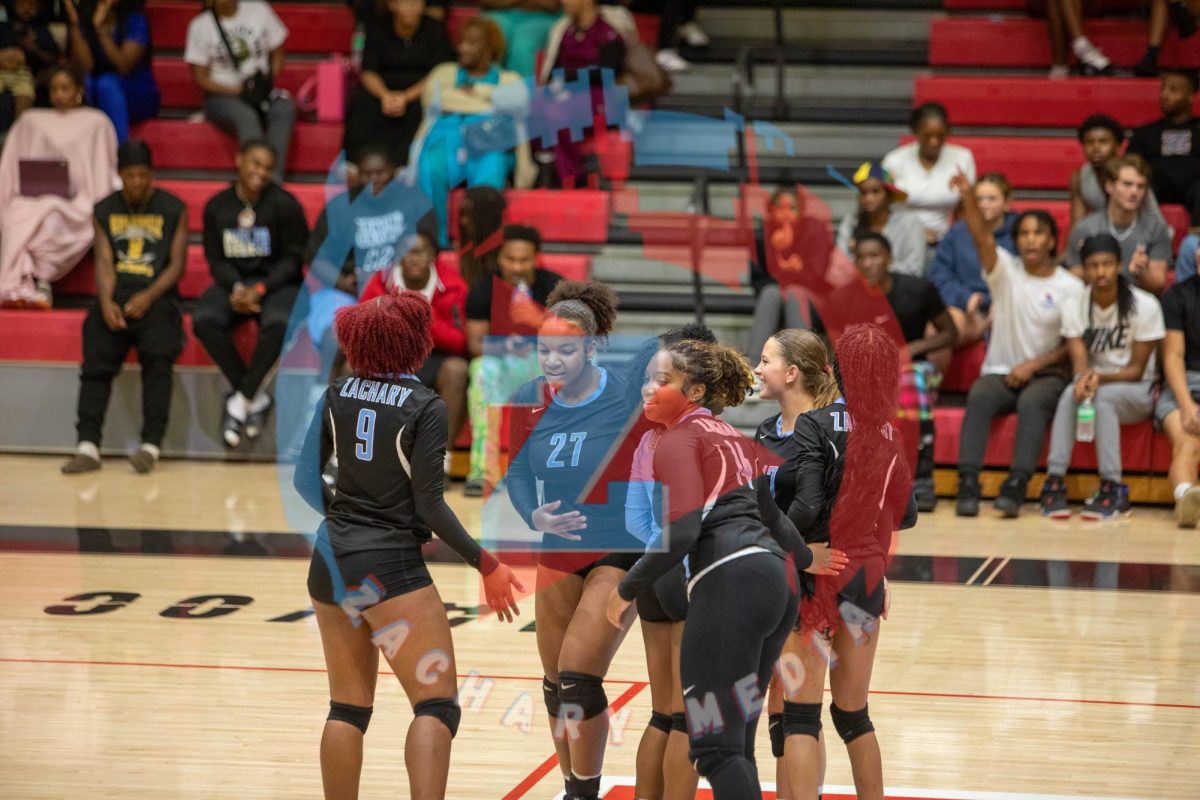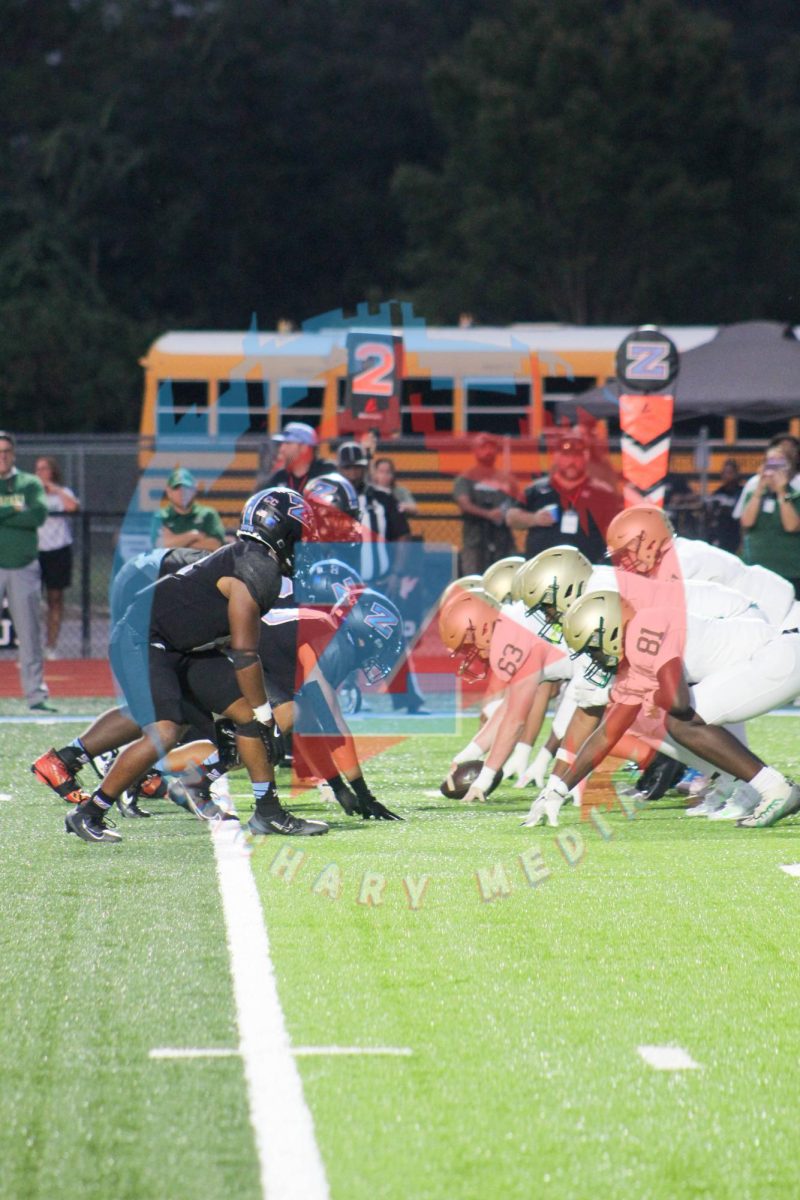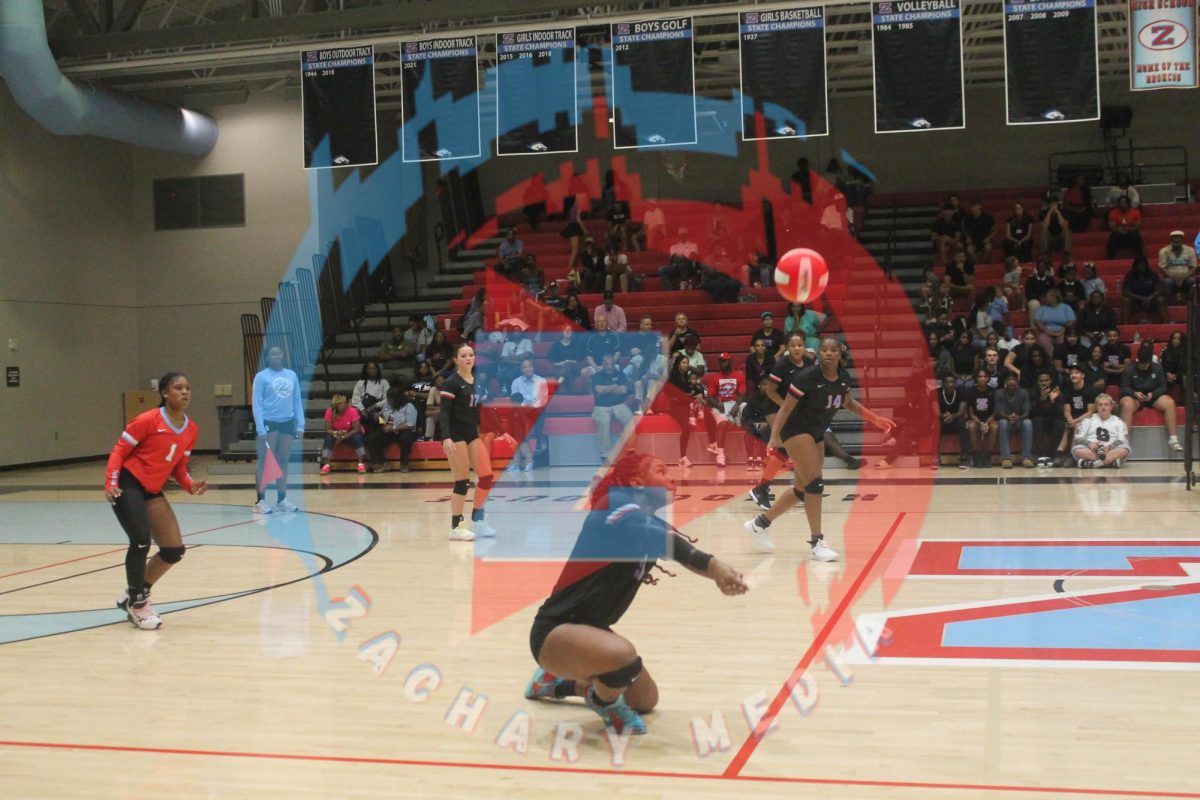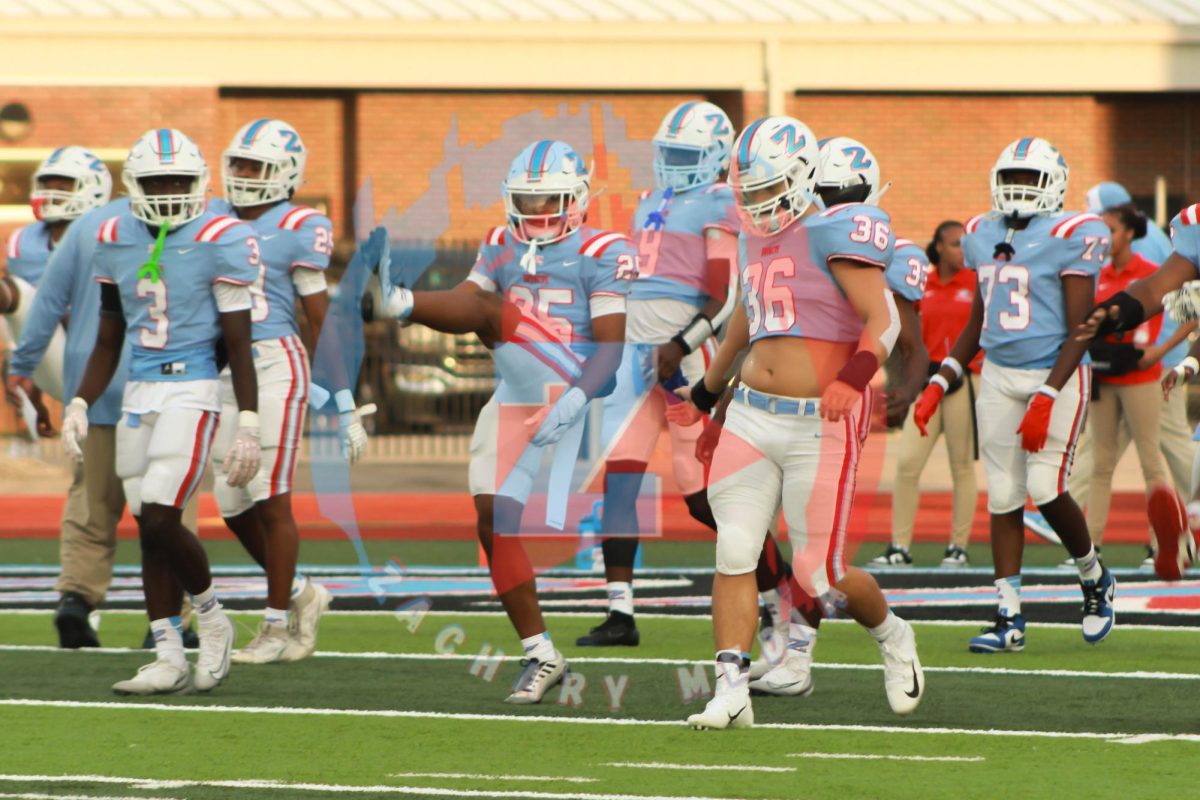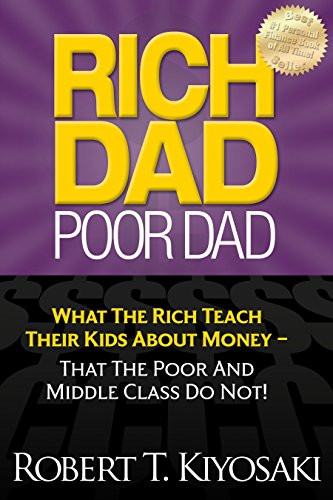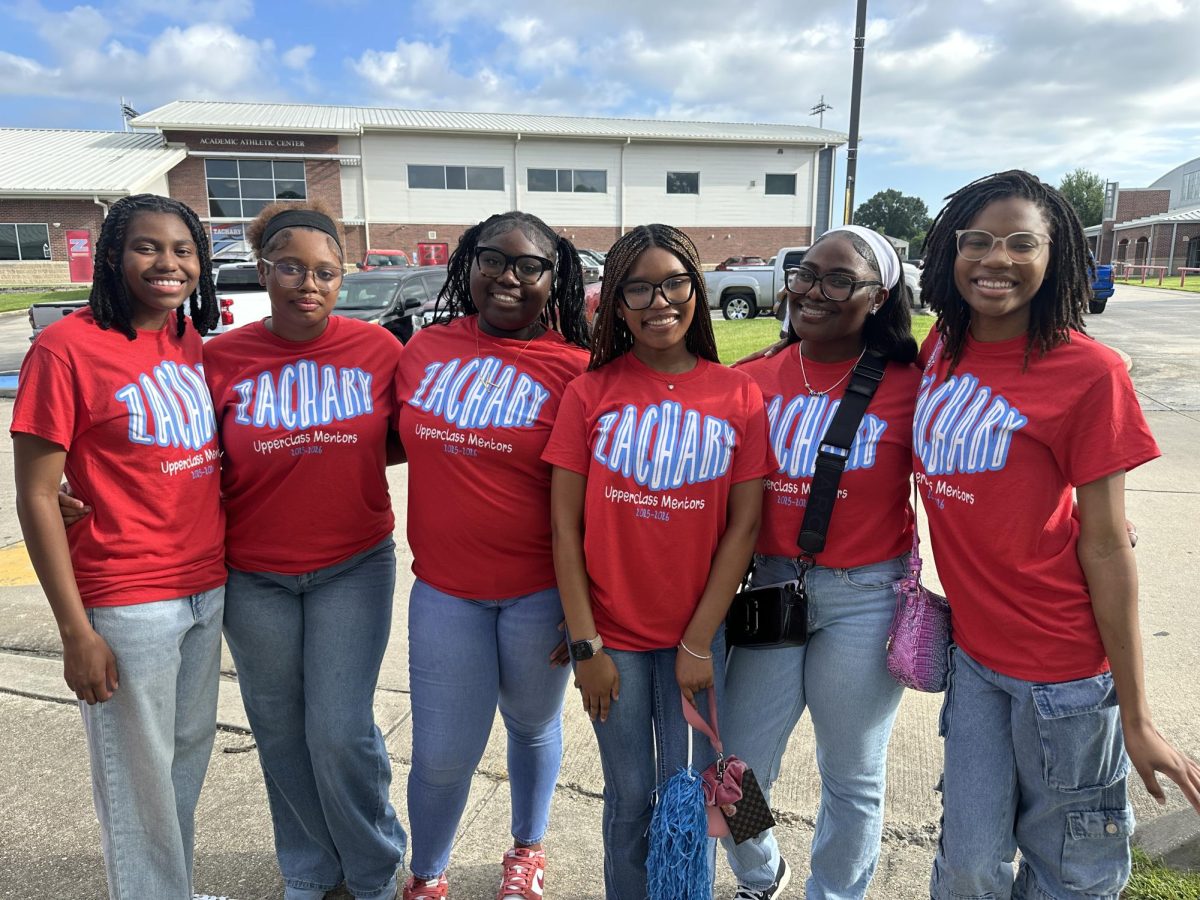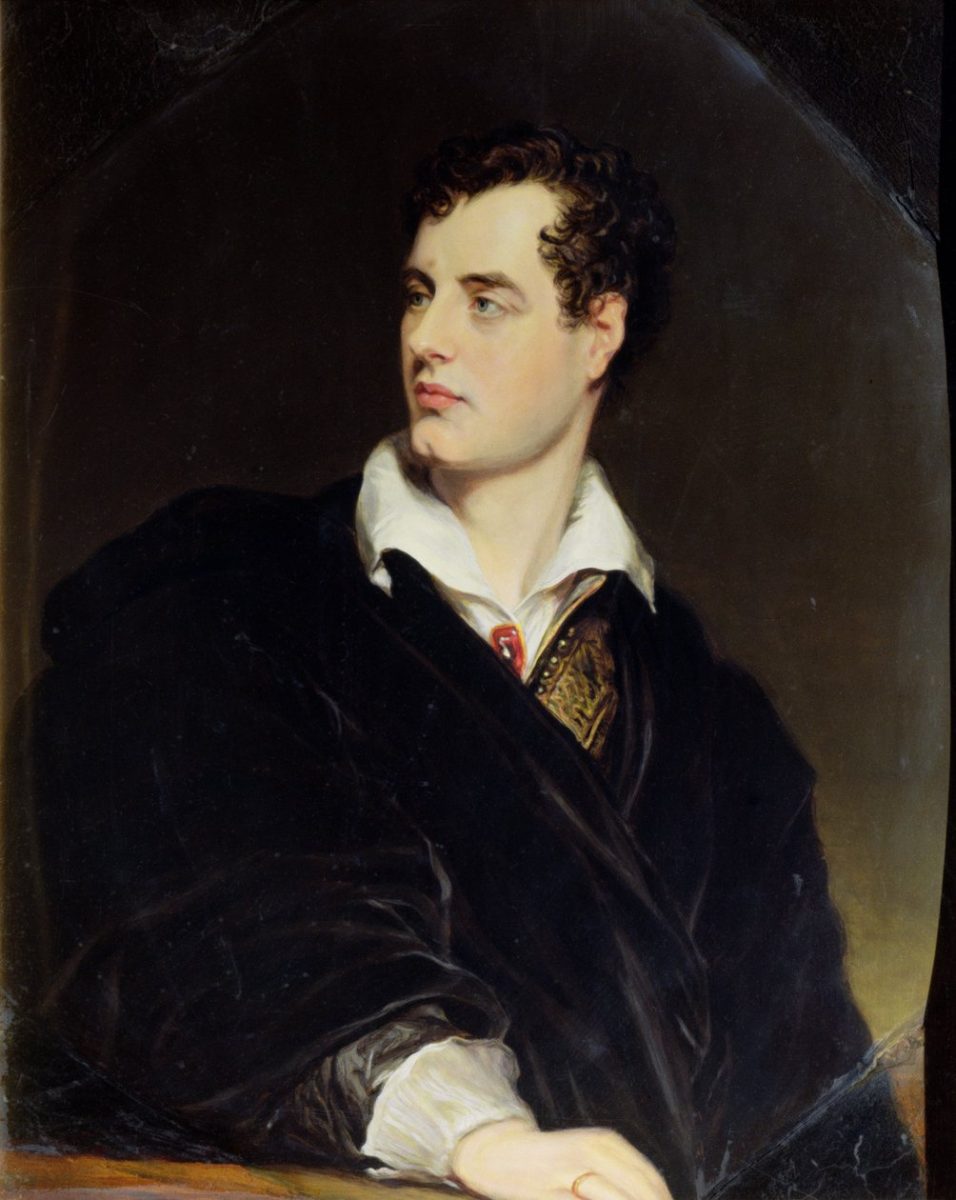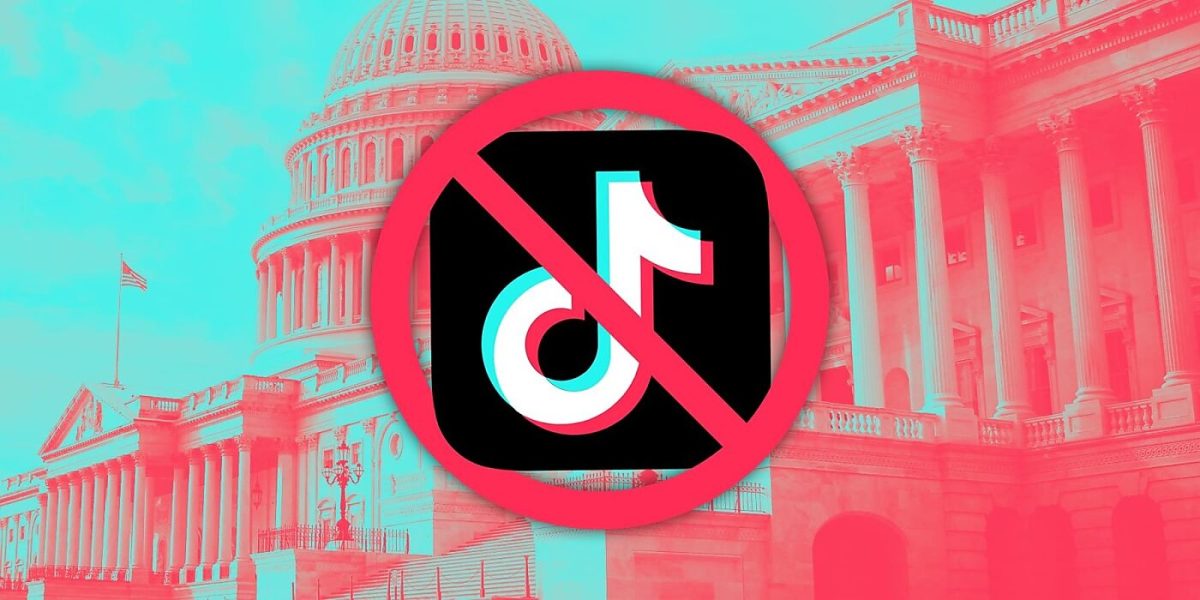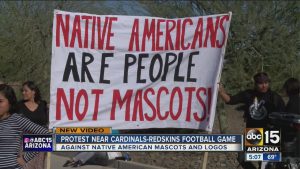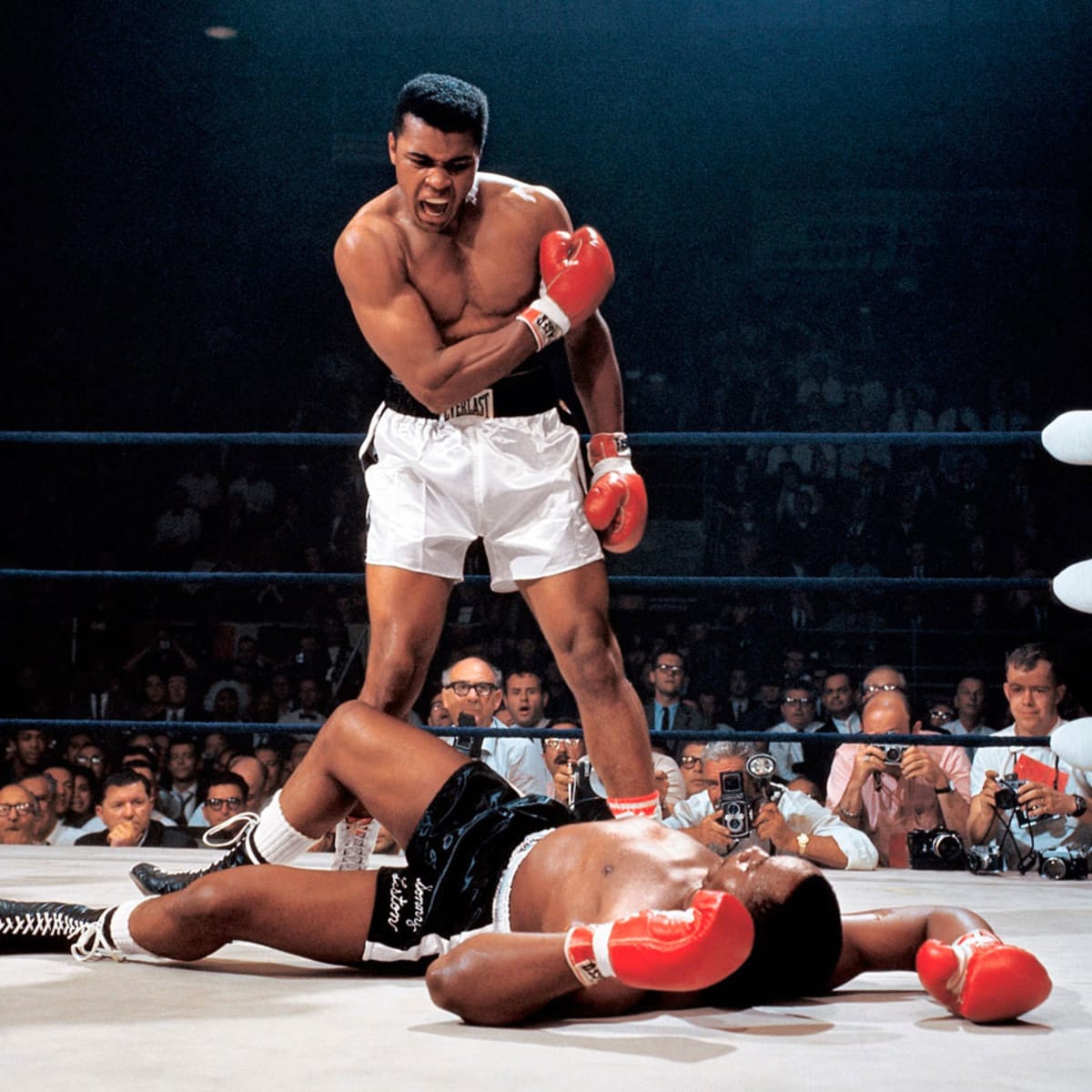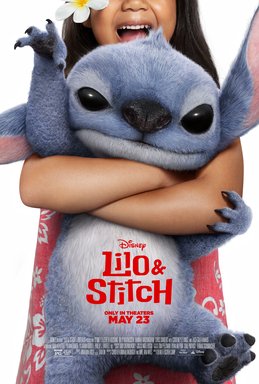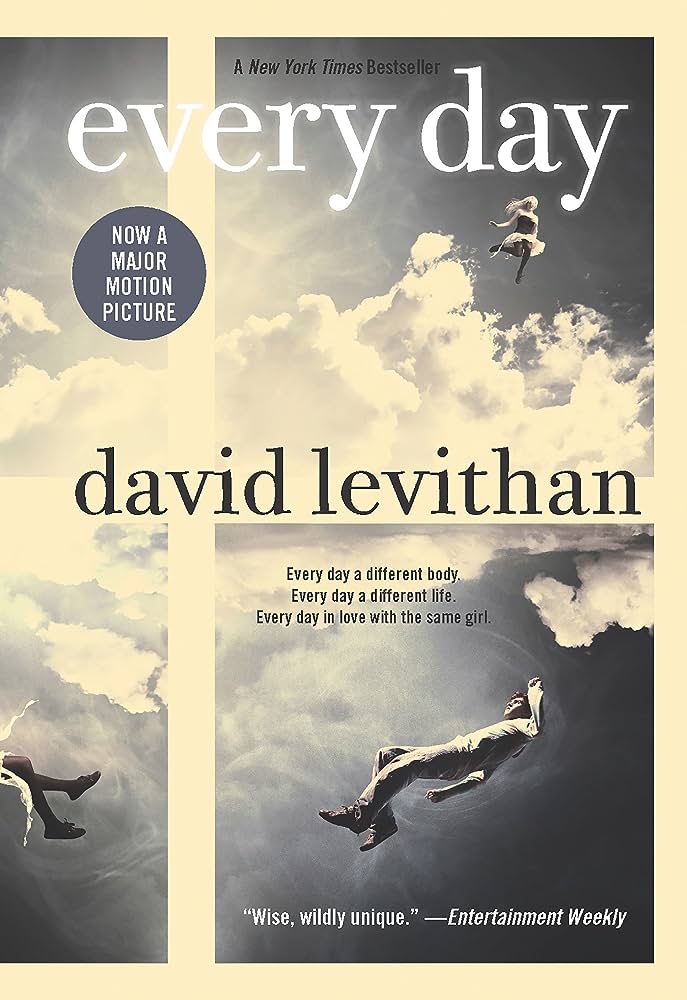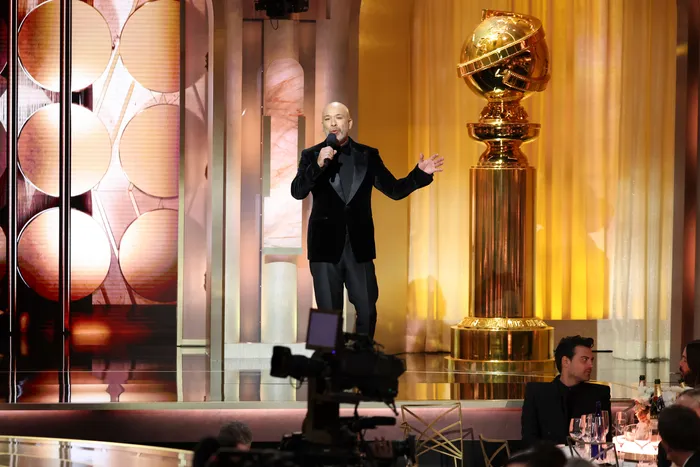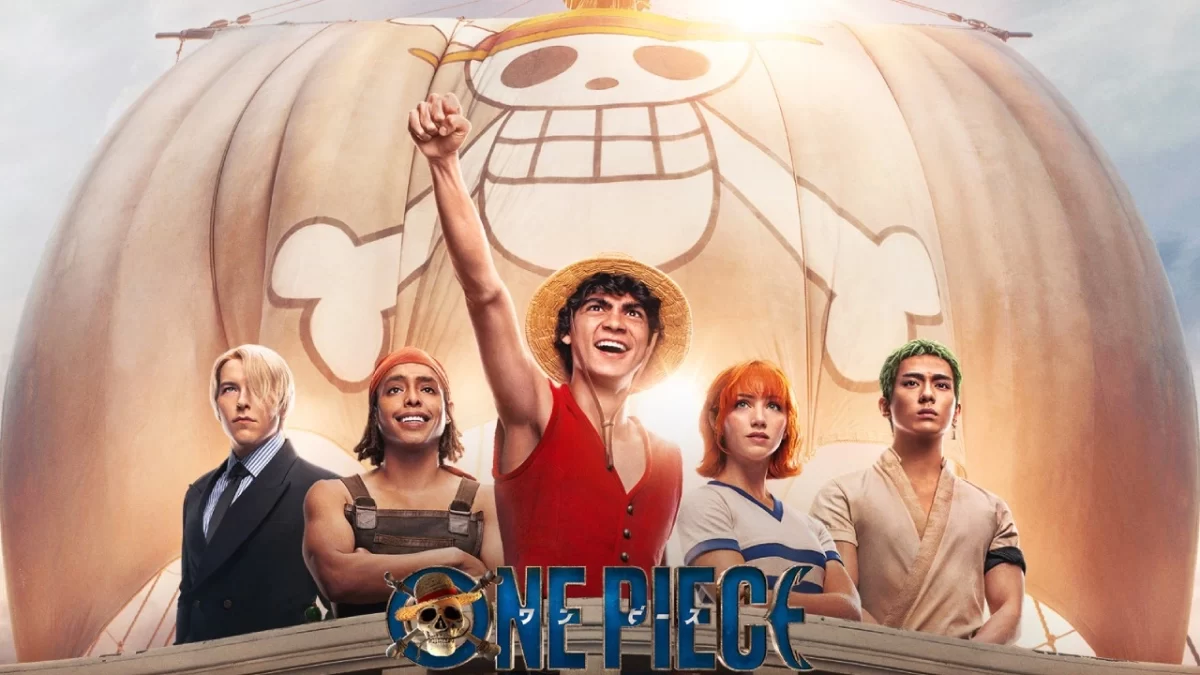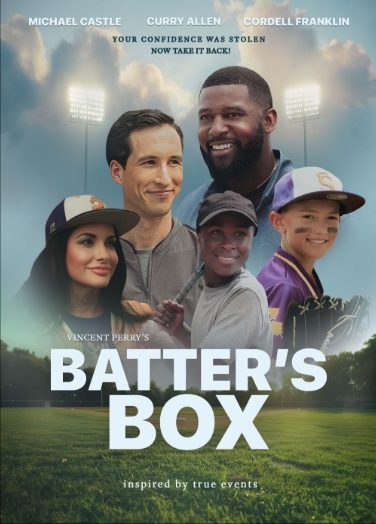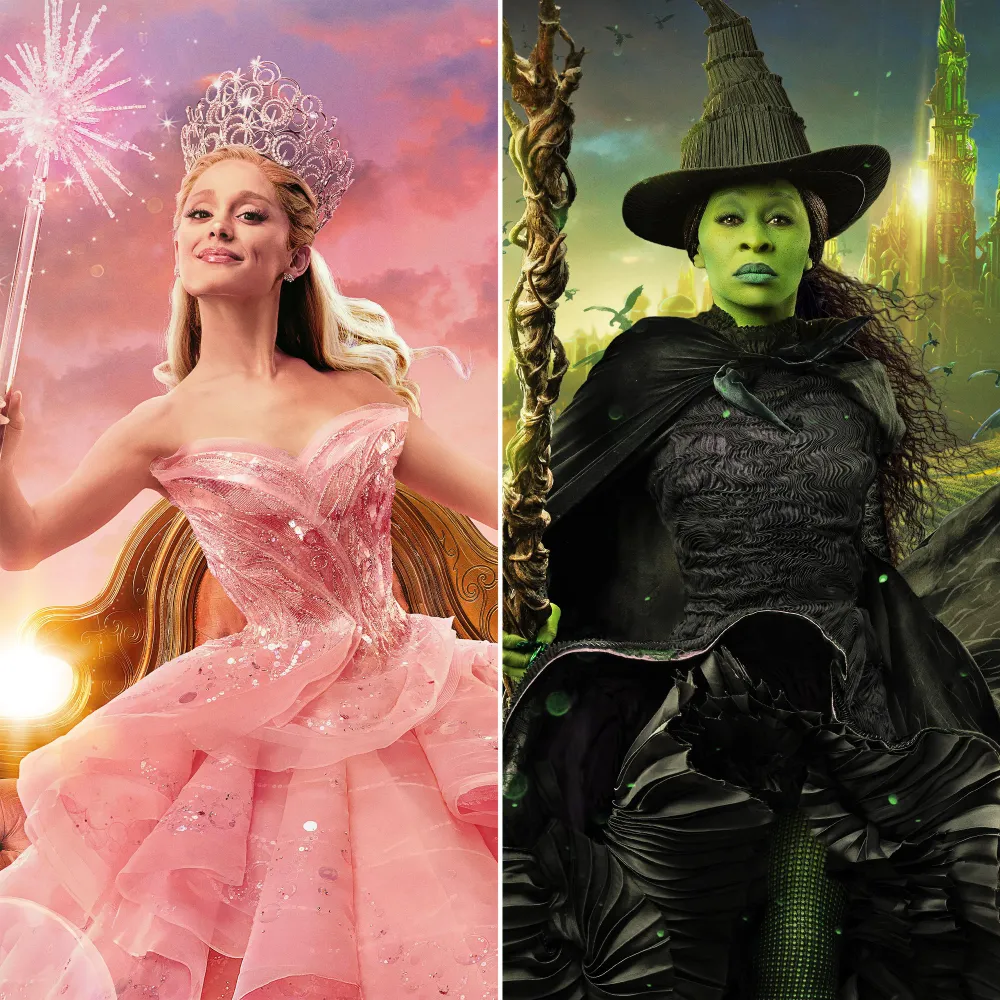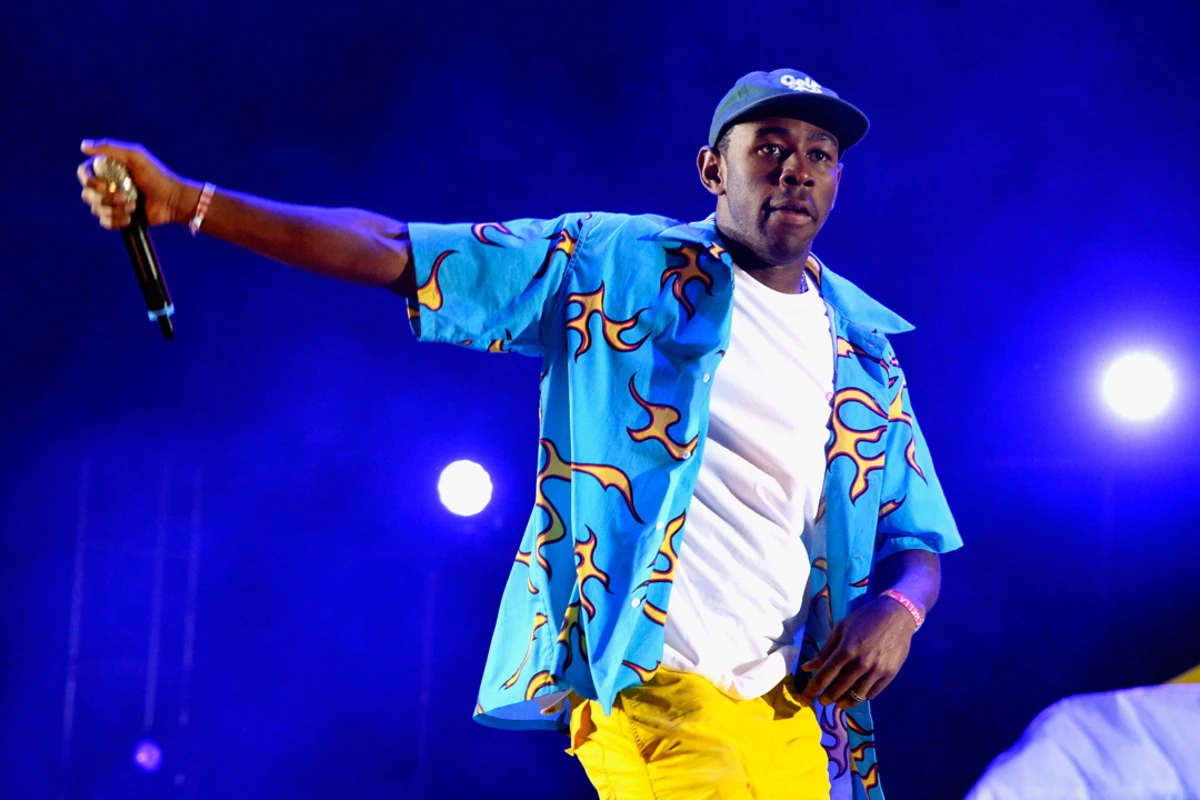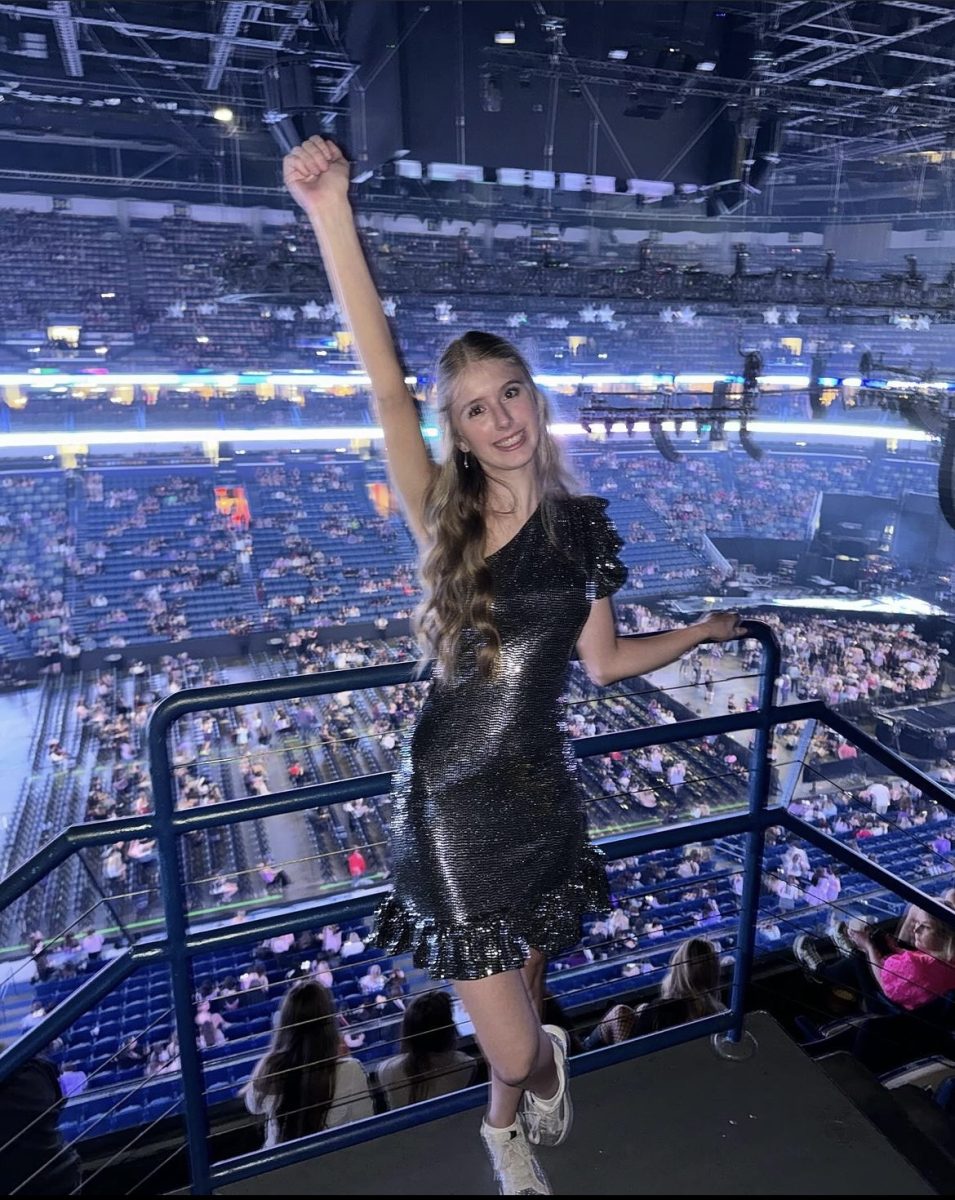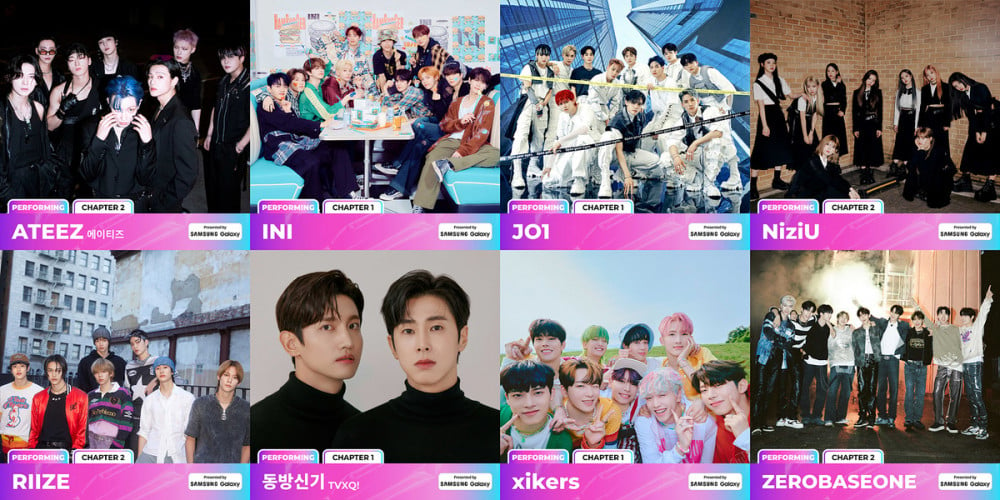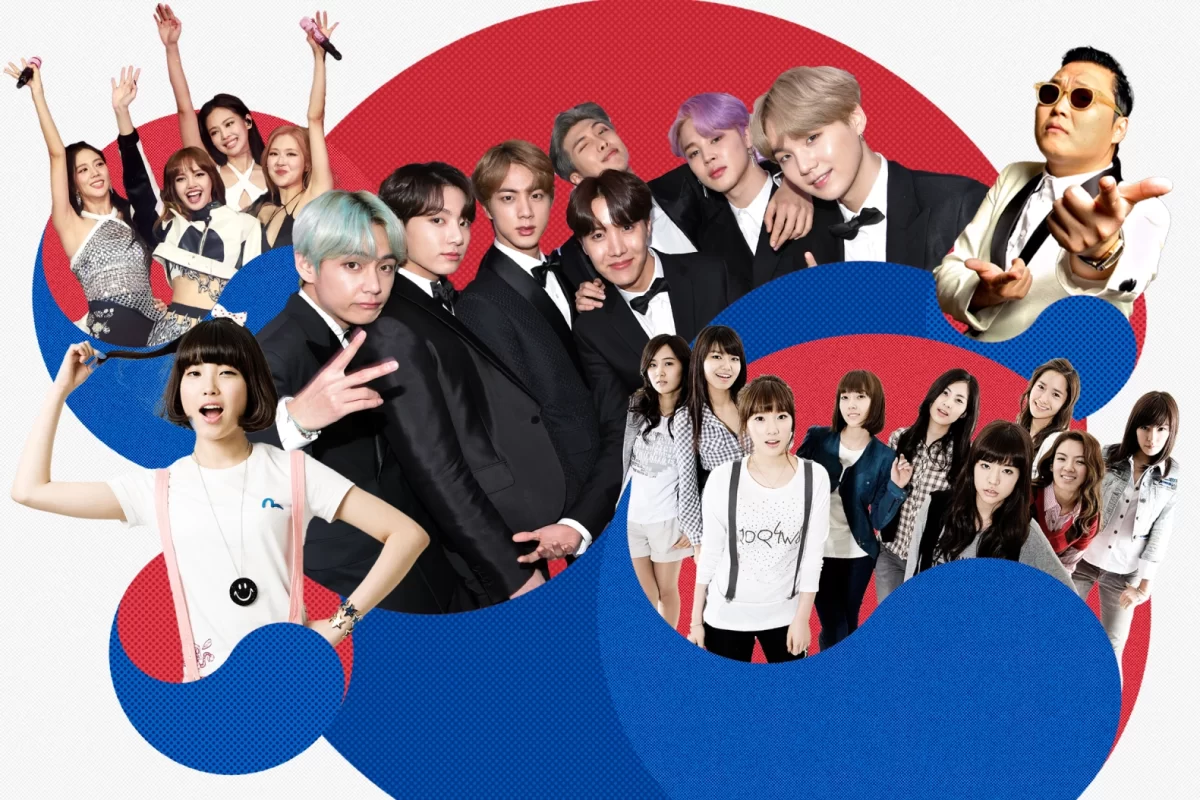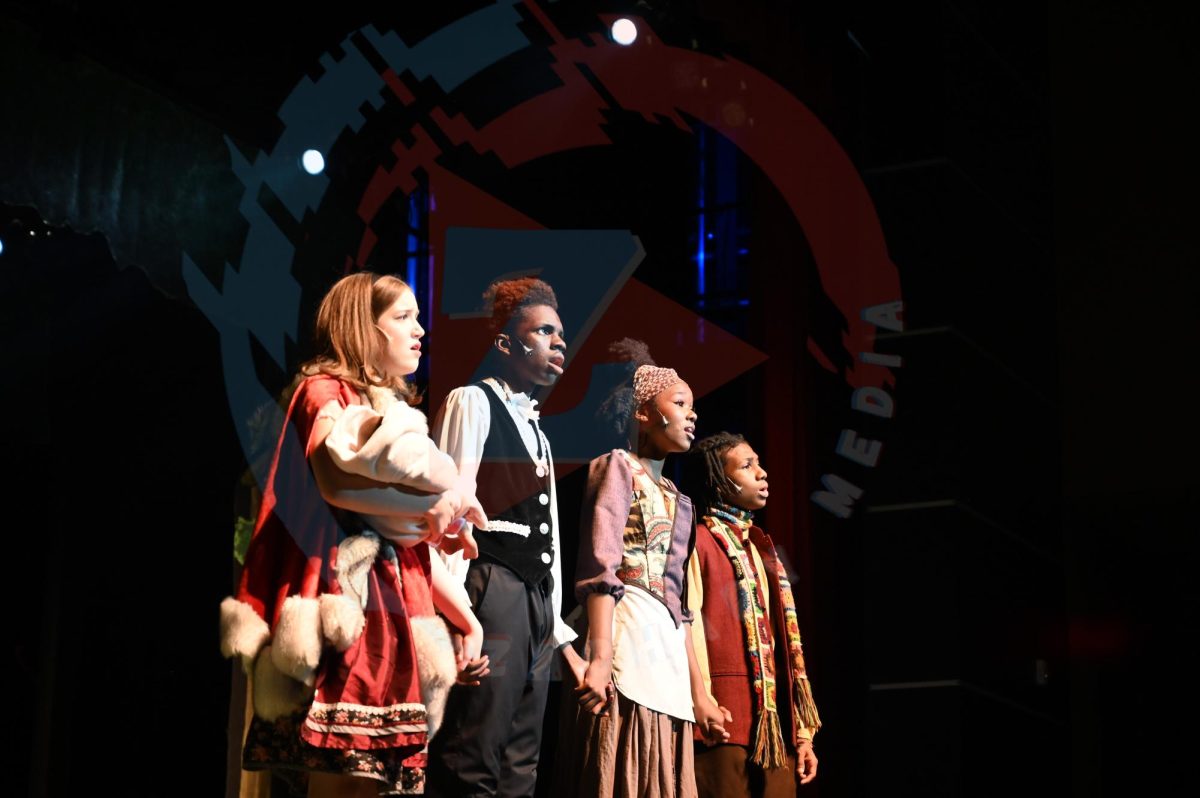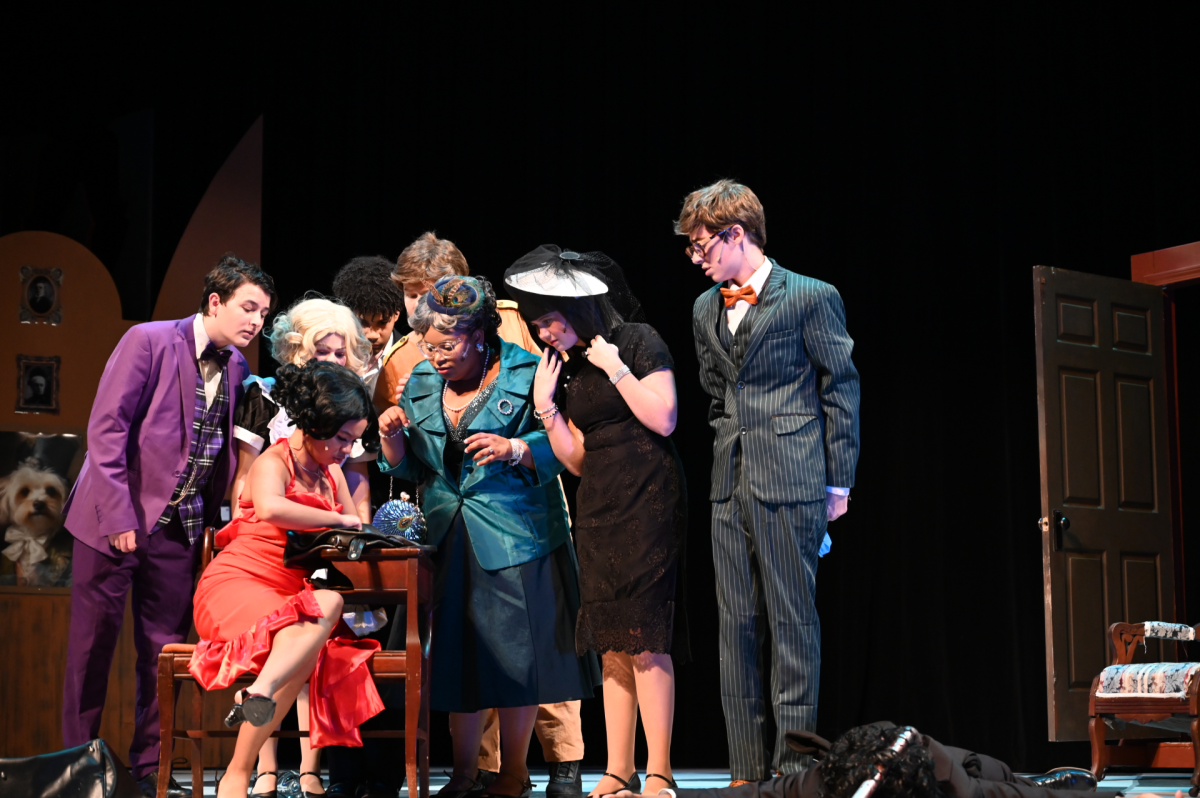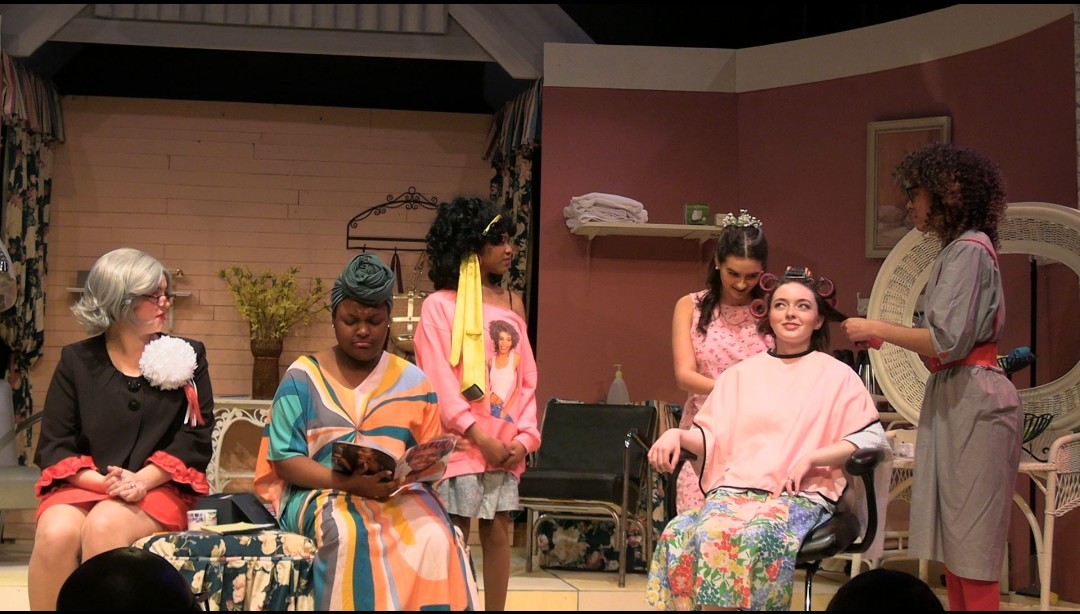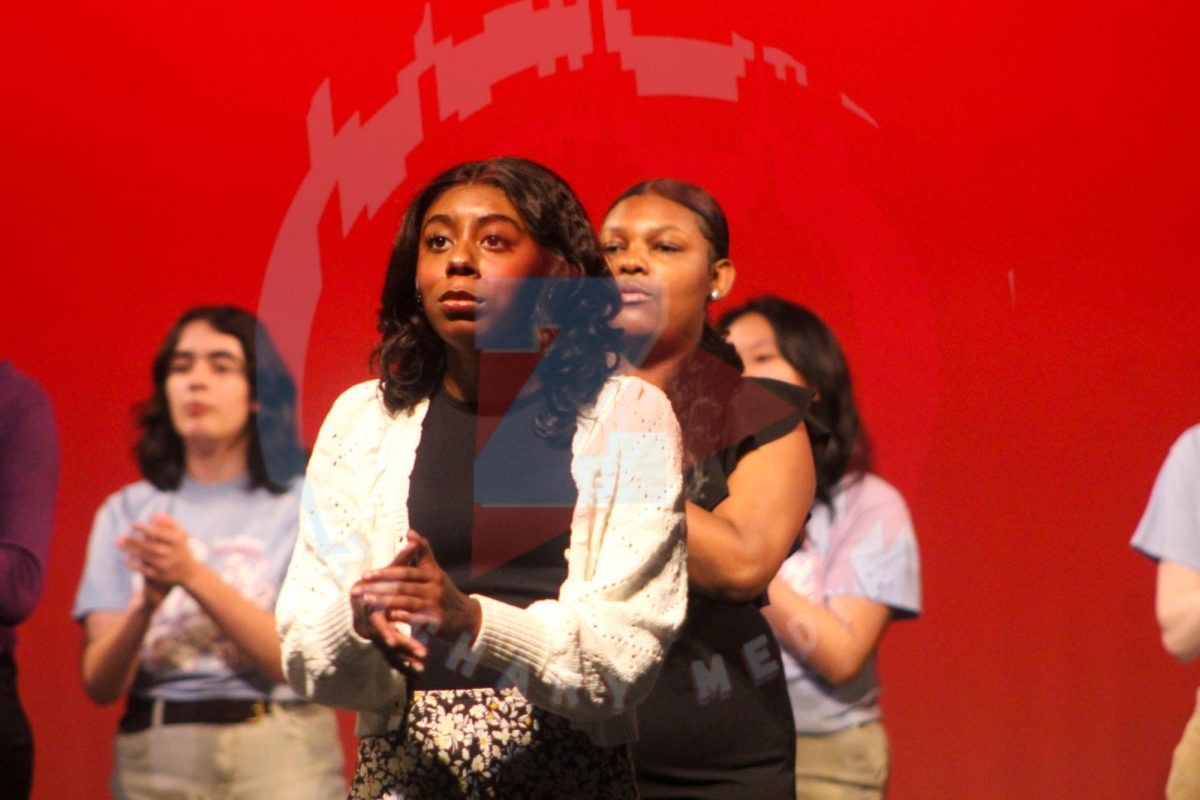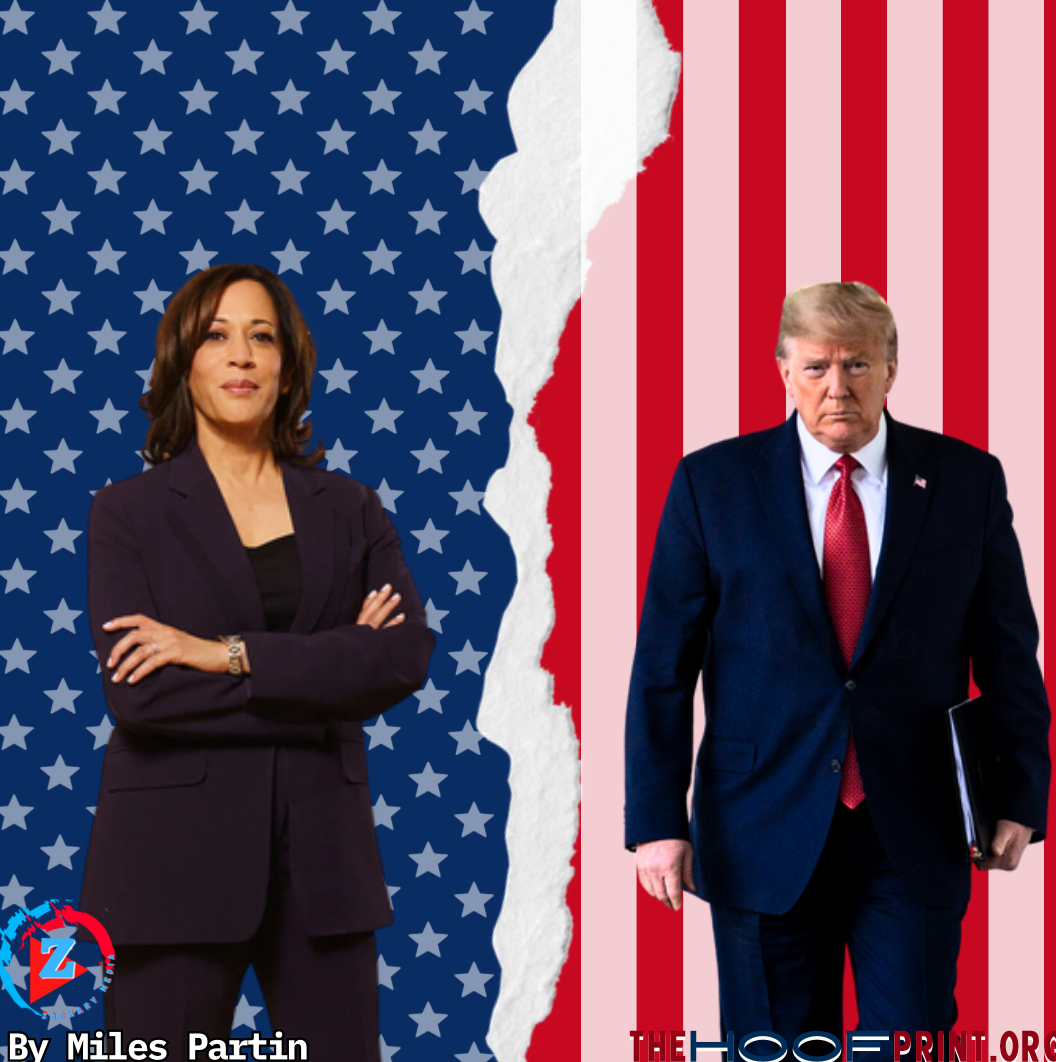For most of history, the sporting world has remained separate from politics. The Greeks would pause wars to allow athletes to travel and play in the Olympic games. King Henry VIII of England settled his differences with French King Francis I to participate in the Field of Cloth of Gold, a massive sports tournament between the two countries. Until recently, the intersection of sports and politics was minimal. But since the twentieth century, politics has started to seep its way into the world of sports. This has had serious consequences for athletes. Here are six examples that illustrate why politics and sports shouldn’t mix.
1.) Muhammed Ali and the Vietnam War
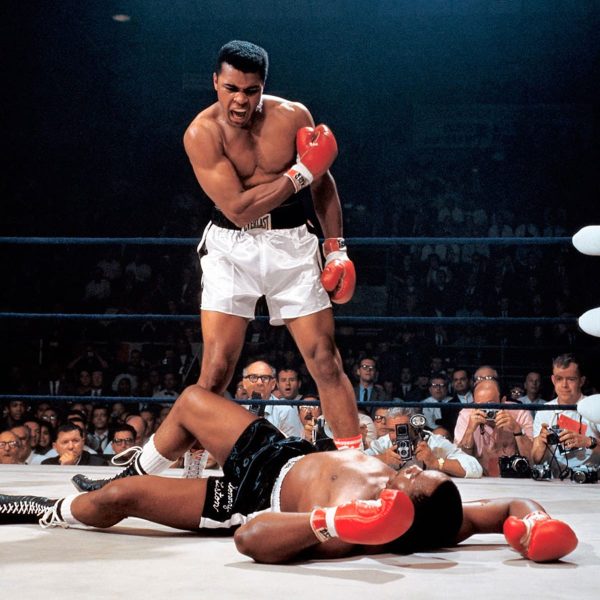
During the height of the Vietnam War, famous heavyweight boxer Muhammed Ali was called into service via the draft to fight for the United States. However, because of his views as a Black Muslim, Ali refuted the call to duty. He famously said, “I ain’t got no quarrel with those Vietcong.” This quote sparked major political tension between Ali and the U.S. government. As punishment for his words, the government banned Ali from boxing for three years and almost took away his belt in the heavyweight category of boxing.
These consequences affected Ali financially and sparked divisions among fans and the public for the sport of boxing. Ali faced significant backlash, and this event often overshadowed his amazing boxing career. Many Americans looked down on Ali after this event when all he did was express his personal beliefs and opinions. The situation highlights the risks of athletes getting involved in political matters and emphasizes the potential dangers of sports and the political world coming into a clash.
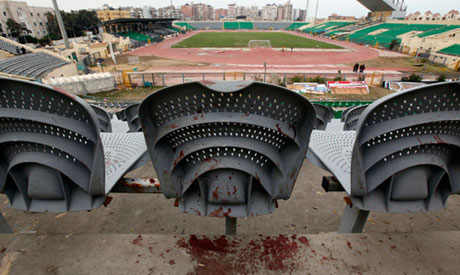
2.) The Port Said Tragedy, Egypt
For those who don’t know, soccer, or football as it is known in the rest of the world, is a major sport in Europe, Africa, and South America. Many countries house special leagues for Indigenous teams to compete in. Many political tensions have ruined the great game people love, but none are as major as the Port Said Tragedy in Egypt.
The riot inside the stadium between two rival teams – Al Ahly and Al Masry – caused 74 total deaths and more than 500 injuries. Of the 73 arrested, 11 were charged with death sentences. What was the cause of all this? The tragedy was caused by a protest in response to the counter-revolution by remnants of the Mubarak Regime in Egypt. These political beliefs turned into violence in the game of football (soccer), which caused many people to lose their lives.
This situation could have easily been avoided if the political and sports worlds had been kept separate. If this principle stays true, then innocent people won’t lose their lives for no reason.
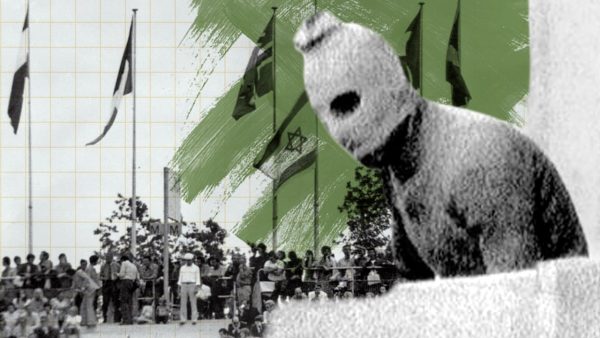
3.) Terrorism in Munich, 1972
The Olympics is a time for countries to put aside their differences and participate in a friendly competition of athleticism. Countries come to compete and showcase their skills in one spot in the world, and normally, no conflict is involved in the Olympics. However, in 1972, this was not the case at the Germany Olympics. Ongoing disputes between the Islamic community and the Palestine community led masked men to tragically take the lives of 11 in the Olympic Village in what is now known as the Munich Massacre.
Why do lives need to be taken because of outside conflicts? Political tensions should be taken care of by countries’ governments and shouldn’t affect innocent athletes. Because of the hatred for an ethnic group, innocent lives were taken. These deaths could have been easily prevented if political beliefs were taken out of the sports and stayed in the policies of a country.
The Munich Massacre is extremely saddening. As an athlete, it upsets me to hear and read about how a group of athletes playing for their country at one of the biggest competitions in the world tragically passed away because of political tensions. This could have easily been avoided if politics and sports didn’t mix.
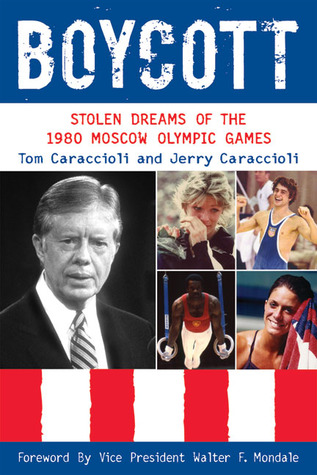
4.) U.S. Boycott of the 1980 Olympics
In 1976, the International Olympic Committee (IOC) approved the Soviet Union’s bid to have Moscow host the 1980 Summer Olympics. This started a massive wave of protests because of the USSR’s history of human rights violations. Many believed this would disqualify the Soviet Union from hosting the Olympics. The United States decided to boycott the 1980s in further protest of the decision of the IOC. This deprived the athletes who trained for those Olympics of the opportunity to play.
Why must the political beliefs of one country get in the way of athletes playing? As an athlete myself, I would be outraged if I was stripped of the opportunity to represent my country because of protests by others. Having these political protests because of things outside of sports should stay outside of the sports world! It’s ridiculous to take the training these athletes have and throw it out the window all because the country disagrees with a specific group of people. Why must athletes suffer because the government fights against one another? Why must athletes be barred from doing their jobs because of political tensions unrelated to sports? Just food for thought.
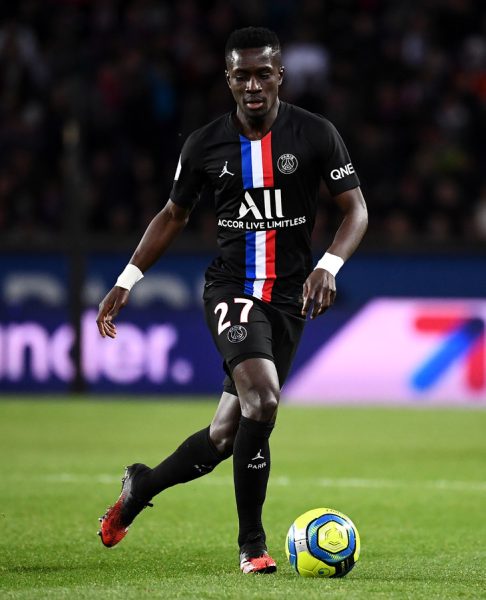
5.) PSG and the Pride Flag
Idrissa Gueye is a Senegalese soccer player who used to play for the French Club Paris Saint Germain, also known as PSG. The Ligue 1 soccer team wears a special soccer jersey displaying a pride flag to honor members of the LGBTQ community at a game on May 17, International Day Against Homophobia. Because of his religious and cultural beliefs as a Muslim, Gueye did not agree with wearing the pride flag. He was benched from the game, costing him the ability to demonstrate his skills on the field.
This is yet another example of politics clashing with sports. Whether or not you support the LGBTQ community is beside the point. The point is that no one should be punished if their personal beliefs go against the government’s. It is unethical to bar an athlete from playing their sport simply for their religious and cultural perspectives. One could even argue that doing so would demonstrate moral superiority.
I would be deeply upset if I got suspended from playing due to my beliefs and even more upset if I got suspended from doing the thing I love. This is no call against the LGBTQ community, but I believe that everybody can be entitled to their opinion. We live in a world where every opinion can be valued, but why is this opinion different? Shouldn’t everyone be entitled to express their beliefs? The challenge lies in finding the right medium where everyone’s ideals can be valued equally, and actions like this won’t happen to people who attempt to show their beliefs.

